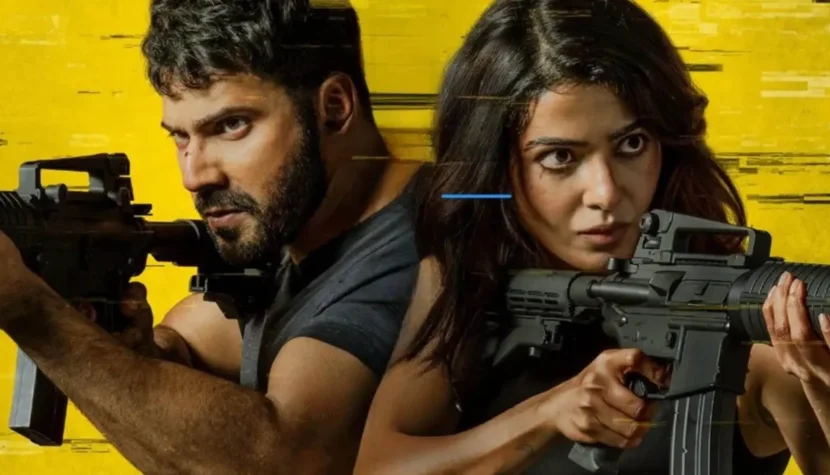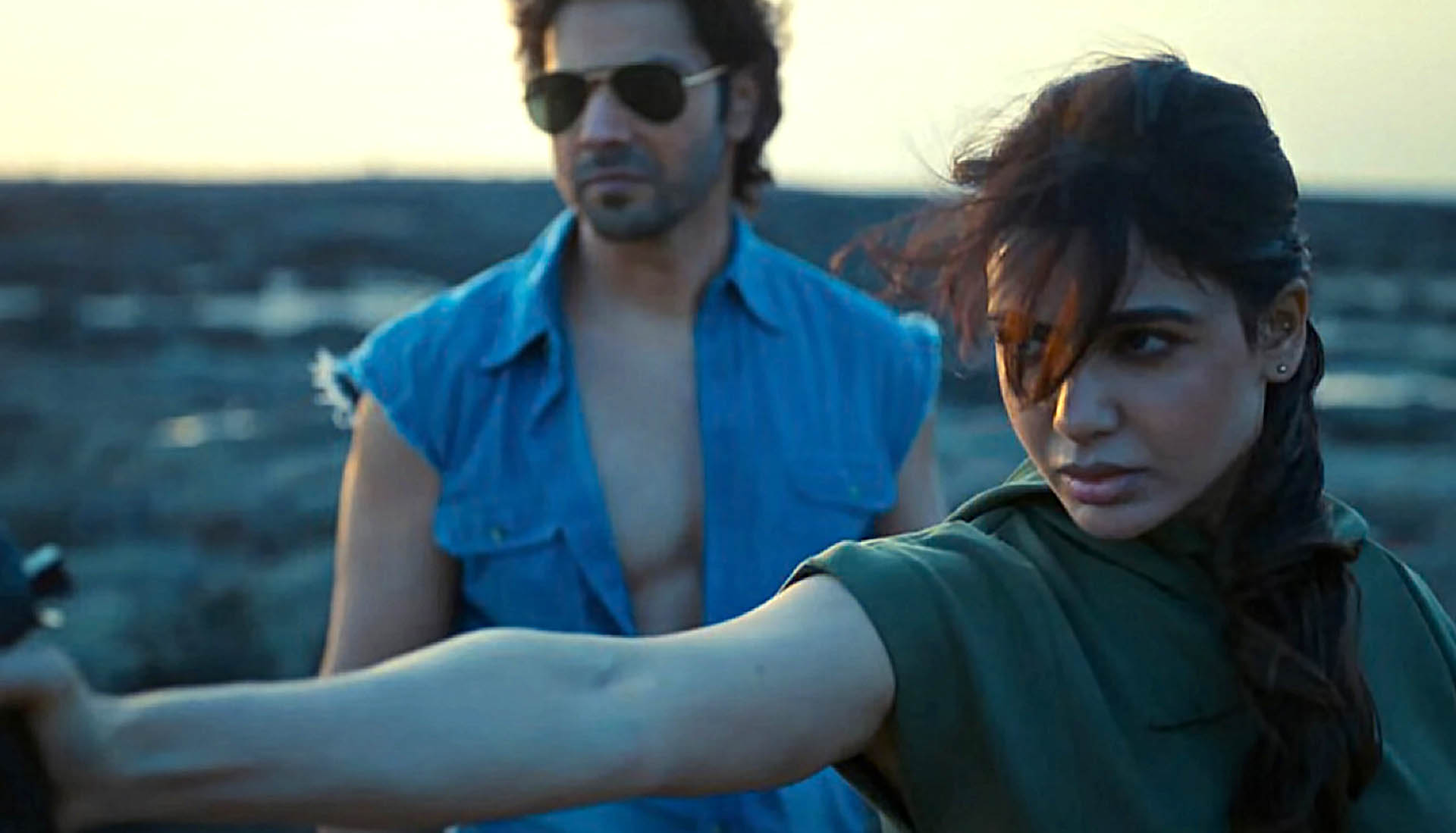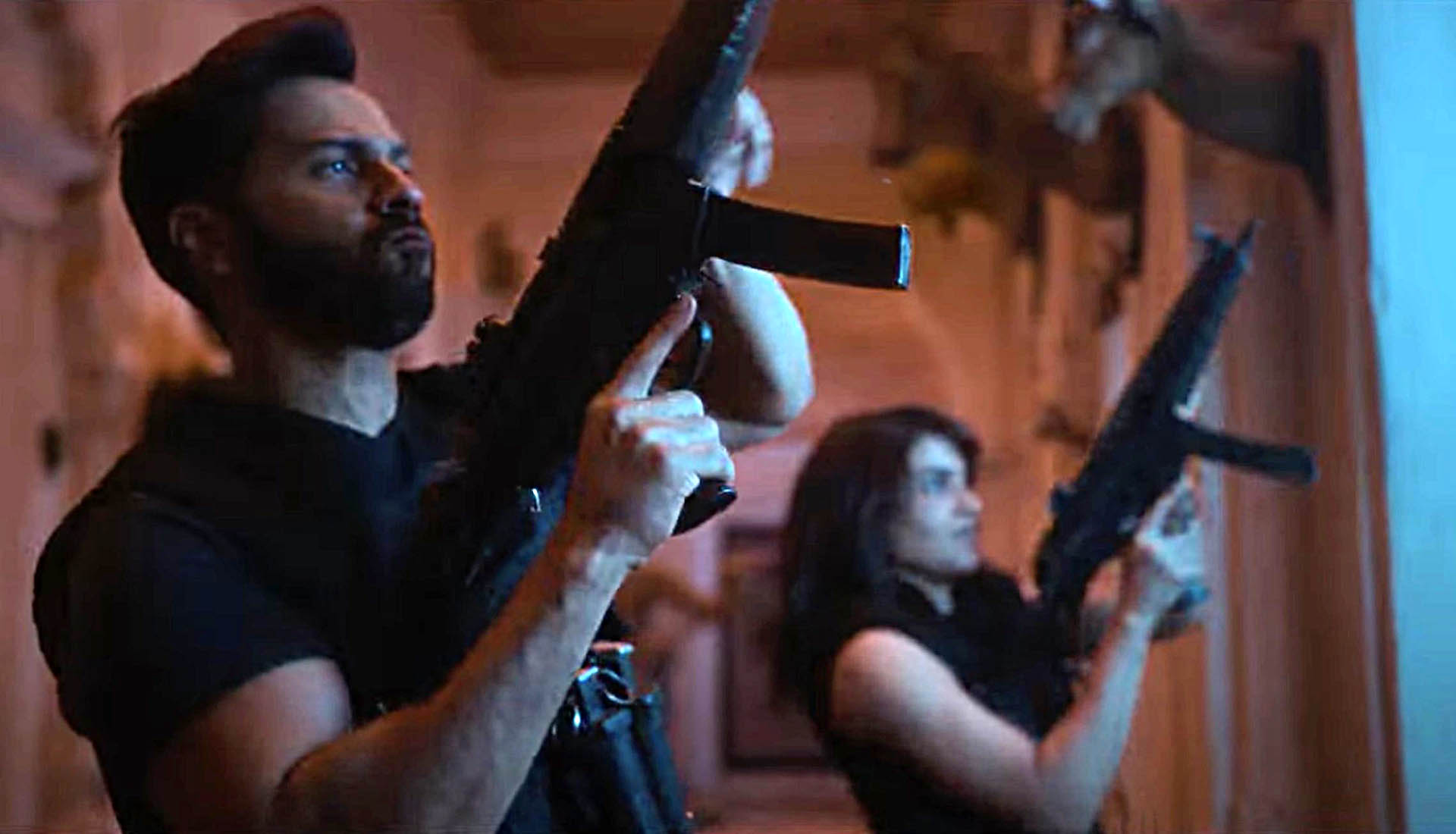CITADEL: HONEY BUNNY. The Russo Brothers Finally Hit the Mark [REVIEW]

The “hit” I mentioned refers to the Russo Brothers collaborating with Indian filmmakers Raj and DK for the “Citadel: Honey Bunny” series. They gave the series a nearly dance-like rhythm within the action genre. While the show doesn’t feature the musical scenes Bollywood loves, it does offer modern music, stunning cinematography, thrilling hand-to-hand combat, some scenes with a wink of humor that’s common in that part of the world, and plot twists that Jason Statham would be proud of. It was quite a surprise, as I had initially written off the series. If the Russos truly aim to expand the “Citadel” universe with more series or even feature films, “Honey Bunny” is a solid direction—unlike the Italian segment with Diana. The latest production is available on Prime Video, and I hope it redeems the poor impression left by the previous, unofficial part of the cycle. This time, the action unfolds in India.

Mainly in India, although viewers will also see locations like Bucharest. The story is set primarily in the year 2000, with stylization that convincingly captures the era, at least in technical details. Flashbacks take us to 1992, and the styling there is also spot-on. The series’ protagonists include unemployed actress Honey (Samantha Ruth Prabhu), stuntman Bunny (Varun Dhawan), and their very resourceful daughter Nadia, whose role in the plot is surprisingly large and significant for an action production of this style. Viewers will quickly realize that Honey and Bunny are characters with complex pasts, part of a secret organization executing various missions, including those impacting global, inter-power security. It often happens, both in life and in films, that the past catches up with us, sometimes less and sometimes more dramatically. In “Citadel”, it catches up with the characters abruptly and powerfully, which is sure to captivate viewers. The intrigue doesn’t drag on across multiple episodes, though there’s no shortage of twists. From the first episode, expect an avalanche of events. The camera moves quickly, and dialogue is sparse, allowing audiences to dive right into the action.
As I mentioned before, the child character is a key element. Nadia drives the story forward. Her parents—the actress and the stuntman—do everything they can to protect her before focusing on their mission. I’ll admit, it’s a bit of a clichéd setup, building a show around such primal emotions, but it works well in the Indian context. Little Nadia is sharp-witted, doesn’t play on emotions, and even takes part in the action, showing a surprising level of courage and savvy for a child. She’s not entirely defenseless, holding her own and thus redefined as a child character, one whom the adult protagonists must fully protect. They still have plenty to do themselves. Both are trained agents and effortlessly use their skills to defend themselves. The fight scenes in the series look spectacular. There’s blood—almost reminiscent of “John Wick”. The camera moves quickly and fluidly. The characters fight like pros, reaching near-fantastic levels, similar to many Bollywood films. They jump, deflect blows at superhuman speeds, fall, and keep getting up. It’s breathtaking and fantastical, yet at the same time, unreal. However, this unreal quality is entirely within acceptable bounds. It doesn’t turn the series into a parody or a science fiction piece; instead, it draws viewers into the characters’ world, making them more relatable as they take on hordes of enemies—not without a scratch, but without fairy-tale invincibility.

So, the Russo Brothers knew what they were doing, and Amazon supported them in finally creating a “Citadel” series that looks the way it should. I’m glad that the series has adopted an intense, action-driven, and vividly Indian style. I wholeheartedly recommend this production, as it’s worth seeing how Bollywood handles this kind of action genre.

